Remembering Harmon Killebrew
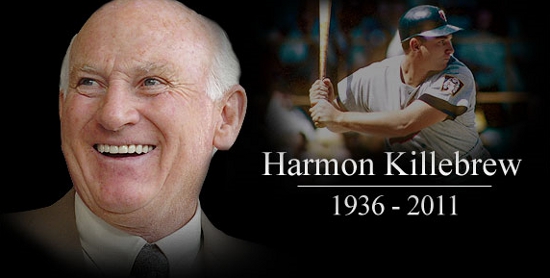 Harmon Killebrew, the Hall of Famer who was a feared slugger on the field and a gracious, kind-hearted gentleman off it, died this year on May 17th. He was 74 years old.
Harmon Killebrew, the Hall of Famer who was a feared slugger on the field and a gracious, kind-hearted gentleman off it, died this year on May 17th. He was 74 years old.
A Personal Favorite. I was always a Harmon Killebrew fan. He was one of my heroes. My family members knew that I liked him, so trips to see the Twins at Yankee Stadium were put on the agenda. Liking him made it easy for me to like the Minnesota Twins, and I’ve been rooting for them ever since.
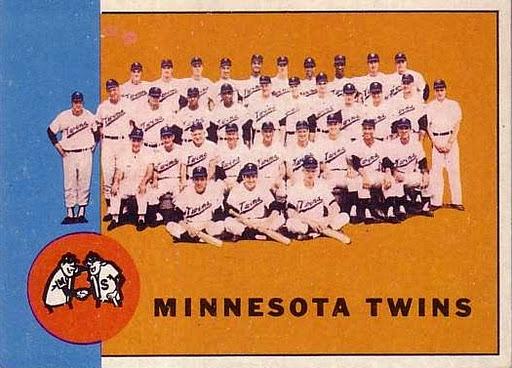 Minnesota Twins. I remember those 1960’s Twins teams like it was yesterday. Earl Battey behind the plate. Zoilo Versailles, the 1964 American League MVP was at short, with Second Baseman Bernie Allen and Third Baseman Rich Rollins flanking him. Tony Oliva was a line drive machine in right field. Bob Allison added power and played left field. Jimmie Hall was in center. Other talented players such as First Basemen Vic Power and Don Mincher had their innings. Jim Kaat, Mudcat Grant, Camilo Pasqual and Jim Perry were on the mound, with Bill Dailey and Al Worthington warming up in the bullpen. Manager Sam Mele would skillfully weave the pieces together into a winning tapestry.
Minnesota Twins. I remember those 1960’s Twins teams like it was yesterday. Earl Battey behind the plate. Zoilo Versailles, the 1964 American League MVP was at short, with Second Baseman Bernie Allen and Third Baseman Rich Rollins flanking him. Tony Oliva was a line drive machine in right field. Bob Allison added power and played left field. Jimmie Hall was in center. Other talented players such as First Basemen Vic Power and Don Mincher had their innings. Jim Kaat, Mudcat Grant, Camilo Pasqual and Jim Perry were on the mound, with Bill Dailey and Al Worthington warming up in the bullpen. Manager Sam Mele would skillfully weave the pieces together into a winning tapestry.
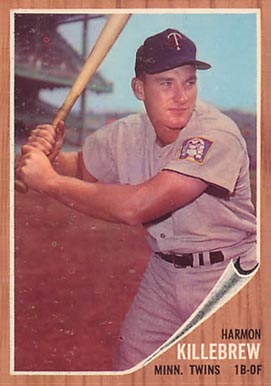 Franchise Player. But it was Killebrew who anchored those teams. He was the face of the franchise, and everyone knew it. “He was the meal ticket for our franchise for all those years in Washington and Minnesota,” club owner Calvin Griffith once said.
Franchise Player. But it was Killebrew who anchored those teams. He was the face of the franchise, and everyone knew it. “He was the meal ticket for our franchise for all those years in Washington and Minnesota,” club owner Calvin Griffith once said.
A Player Speaks. On a recent edition of Studio 42, Broadcaster Bob Costas asked former Minnesota Twins pitcher Jim Kaat about what Killebrew meant to him and to the franchise. I scribbled down some notes at the time, and among other complimentary things, Kaat stated that “Harmon was the face of the franchise; (he) always will be. I truly think there is no more admired athlete in the Midwest than Harmon Killebrew. I don’t know if anybody’s met a Hall of Famer that was more gracious or classy than Harmon.”
Sincere recollections. As I conducted the research for this post, I noticed an element of commonality in the way members of the baseball community remembered him. The comments started with the man, for it was Harmon Killebrew’s demeanor, dignity and humility that most impressed his fellow big leaguers. He touched people in a profoundly meaningful way that made him very special. Recollections of him as a player came second.
Home Runs. So how about the ballplayer? He played the in the infield, sometimes at third and sometimes at first. He wasn’t a flashy type with the glove, but he was dependable and got the job done. The bat, however, was something else. He was a slugger all the way. There was something spectacular about Harmon Killebrew’s home runs. They were no doubters. They were monumental, gravity-defying blasts that were more launched than hit. Lou Gorman, a former Boston Red Sox general manager, once said that “some of the ones that he hit would go out of the Grand Canyon.”
On Deck. I met Harmon Killebrew at a baseball card show over twenty years ago. He was one of the Hall of Fame players signing autographs that day. I had so much I wanted to say to him. I wanted to tell him that he was one of my heroes and that every time I went to the plate I wanted to crush the ball like he did. I wanted so much to tell him I admired him. The line for his autograph was very long and moved slowly. After what felt like an eternity I was near the front. I could see him now. He didn’t look that big from where I stood. The line grew shorter still. I could see him smiling, signing a card, ball or bat, and chatting a little here and there. He looked like he was at ease and approachable.
My Turn. In an effort to keep the line moving, a fellow took my baseball card from me and placed it on the table where he sat. Harmon greeted the person ahead of me, signed his item and then I was up. There he was. He didn’t look tall but he had large shoulders and a broad chest. Our hands reached out toward each other and briefly embraced. It was strange for me to realize that my hand was bigger than his, but it wasn’t stronger. And then my mind just blanked. I didn’t know what to say. I could tell he wanted to say something, but he didn’t quite know what to say either. He certainly couldn’t comment on my team affiliation, because I was wearing a Mets jacket and had an old Milwaukee Braves hat on my head. So we shared a moment of not quite knowing what to say, and then Harmon Killebrew signed my card. I thanked him and slowly walked away, silently eyeing my new treasure, fully aware that I would keep it for the rest of my life. Here I am holding it the day before I published this post. My dear friend Briana, a Minnesota native, took the photo. Thank you, Briana.
My Hero Passes. When I heard Harmon Killebrew died, I thought of that day and found it comforting that in our only meeting we were on the same puzzled wavelength. Then the feelings of sadness, awe, admiration and respect started to flow. Tears weren’t far behind. I had admired him for almost fifty years. On a recent program on the MLB network, Hall of Famer Bert Blyleven expressed a feeling that spoke for many members of the baseball community. “We all have people that mentor us that hopefully we respect the rest of our lives” he said, “no matter what they do or what happens. Harmon is one of those guys. He was like my Dad. He was the older brother, but he was the guy that mentored me just like my Dad did.”
Harmon Killebrew mentored a lot of us. In my life, Harmon Killebrew was a giant, (he) always will be. I will forever see him, squared up at the plate, bat locked in place, eyes on the pitcher and ready to crush the ball. But in his case, I will remember much more, and I will use it as I live the rest of my life, and for that I am profoundly grateful. Rest in peace, mentor. Rest in peace, hero. Rest in peace, friend.

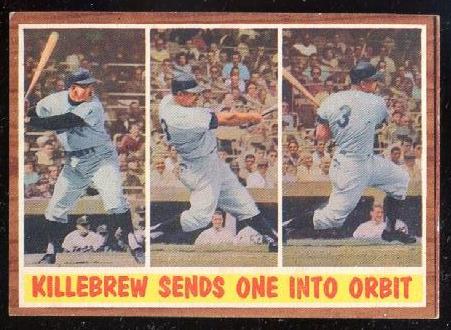

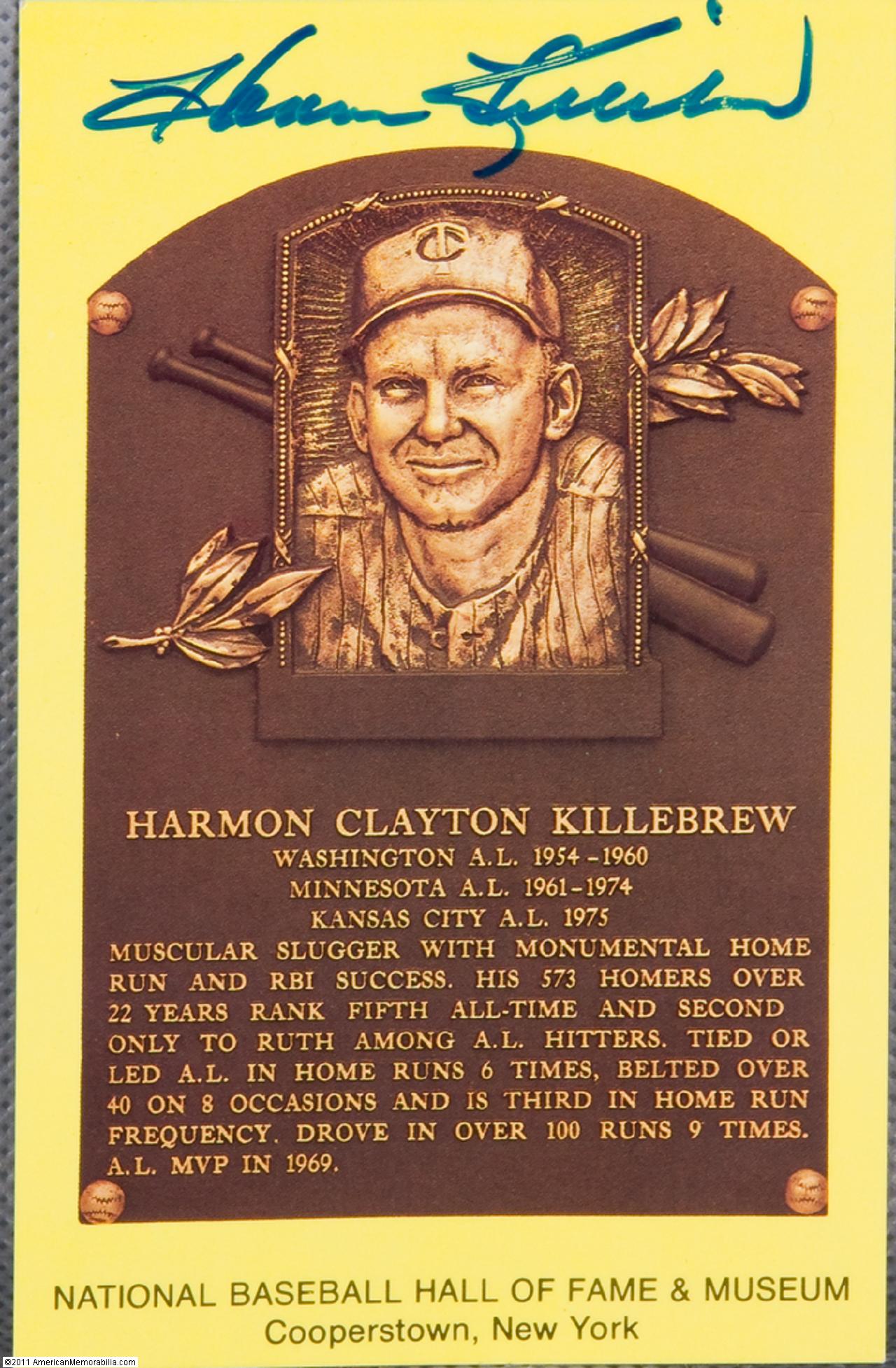
Comments